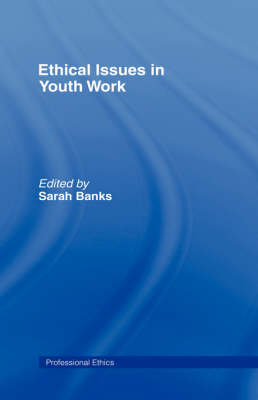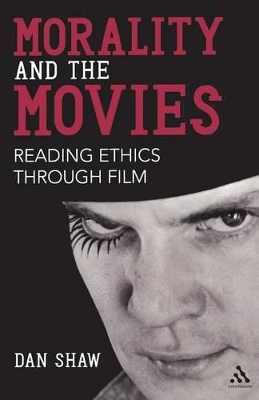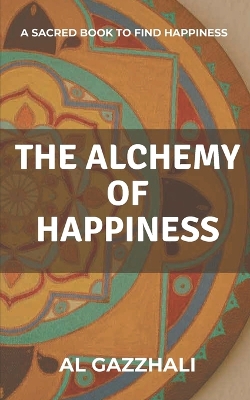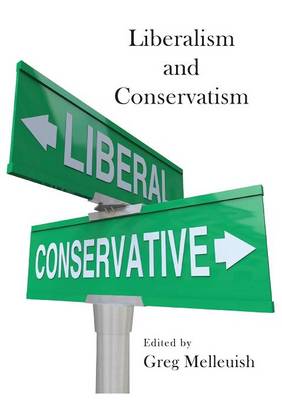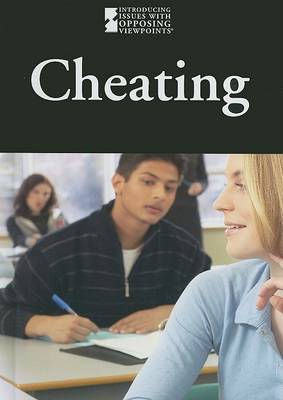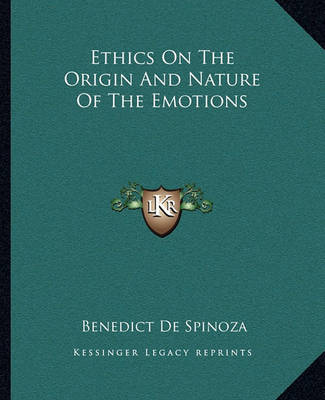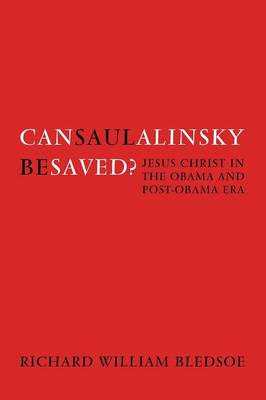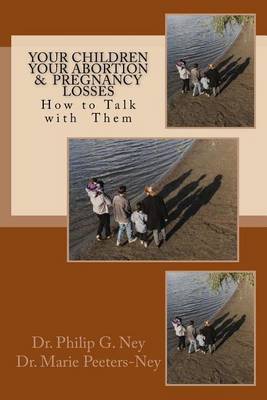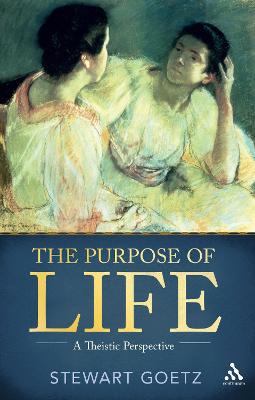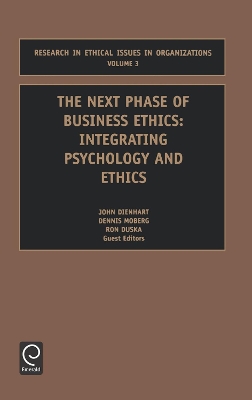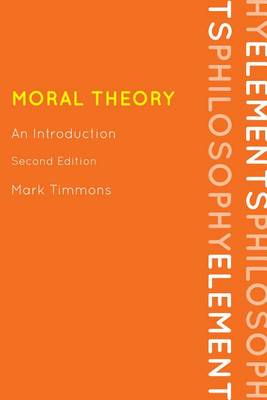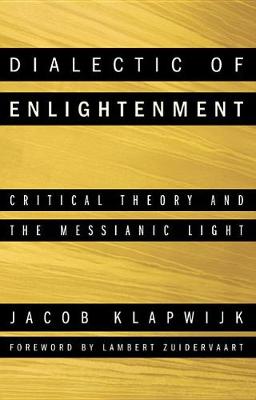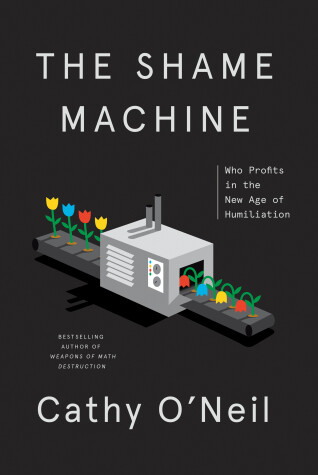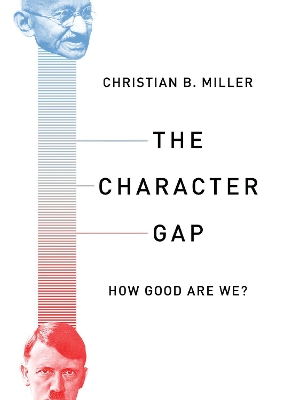Ethical Issues in Youth Work presents a systematic analysis of some of the core ethical dilemmas facing youth workers in their day to day practice. Among the topics discussed are: *when to break confidentiality *the ethics of religious conversion *conflicts between cultures *balancing the autonomy and control of young people *maintaining an equilibrium between accountability to funders, empolyers and young people This book also examines some of the key issues facing youth workers in the context...
This is an introduction to ethical theories and contemporary moral issues through film. "A Filmgoer's Guide to Ethics" presents the ideal introduction to philosophical ethics for film lovers. Dan Shaw uses a series of fifteen popular films, including "Hotel Rwanda", "Casablanca", "Citizen Kane", "A Clockwork Orange", "Dead Man Walking" and "Full Metal Jacket", to illustrate all the major ethical theories and key contemporary moral issues. The book provides a brief summary and philosophical inter...
Smith (Routledge Philosophers) (Arguments of the Philosophers)
by Professor of Political Science Eric Schliesser
Adam Smith is rediscovered every few generations by philosophers surprised by his subtlety, originality, and relevance. Smith's status as mythical father of economic science and his role as canonical defender of free trade is secure within economics, but few philosophers have been more often misrepresented and underestimated. Because he is well known as an advocate of commercial society, many scholars, public intellectuals, commentators, and journalists are happy to implicate him automatically i...
Many consider conscience to be one of the most important and fundamental qualities that distinguishes humans from animals and machines, but to this day it remains a largely unknowable concept. What is conscience? Is it a product of our biological roots, as Darwin thought, or is it a purely social invention? If so, how did it come to be? Beginning in ancient Egypt, Martin van Creveld explores conscience throughout history, ranging across numerous subjects from human rights to health. Along the wa...
Your Children Your Abortion & Pregnancy Losses
by Marie Peeters Ney and Philip Gordon Ney
What does philosophy have to say on the question of the meaning of life? This is one of the founding questions of philosophy and has remained a central problem for philosophers from antiquity through to the Middle Ages and modern period. It may surprise some readers that there has, in fact, been a good deal of agreement on the answer to this question: the meaning of life is happiness. The Purpose of Life is a serious but engaging exploration and defense of this answer. The central idea t...
Next Phase of Business Ethics (Research in Ethical Issues in Organizations, #3)
In this volume three of the leading scholars in business ethics have arranged a selection of articles examining the intersection of psychology and ethics in relation to organizational concerns. In searching for appropriate business ethics for the 21st century, it is imperative that we continue to embrace a range of inter-related disciplines such as psychology and ethics, but also areas including philosophy, politics, religion, organizational studies, financial and managerial accounting, and many...
Moral Theory (Elements of Philosophy)
by Professor of Philosophy Mark Timmons
NEW YORK TIMES EDITORS’ CHOICE • A clear-eyed warning about the increasingly destructive influence of America’s “shame industrial complex” in the age of social media and hyperpartisan politics—from the New York Times bestselling author of Weapons of Math Destruction “O’Neil reminds us that we must resist the urge to judge, belittle, and oversimplify, and instead allow always for complexity and lead always with empathy.”—Dave Eggers, author of The Every Shame is a powerful and sometimes useful...
Companion to Intrinsic Properties
what makes a property intrinsic? What exactly does the intrinsic/extrinsic distinction rest upon, and how can we reasonably justify this distinction? These questions bear great importance on central debates in such diverse philosophical fields as ethics (What is the nature of intrinsic value?), philosophy of mind (Does mental content supervene on internal bodily features?), epistemology (Can intrinsic duplicates differ in the justification of their beliefs?) and philosophy of science (Do the cau...
This book explores Edith Stein's phenomenology of the state. It features chapters on the application of Stein's political philosophy to real issues and questions affecting nations today. The contributors also situate Stein's political theory within her larger philosophical corpus. The collection examines An Investigation Concerning the State from various angles. Scholars first consider some of the direct claims Stein makes about social and political ontology. They mine her work for its implicat...
We like to think of ourselves, our friends, and our families as decent people. We may not be saints, but we are still honest, relatively kind, and mostly trustworthy. Miller argues here that we are badly mistaken in thinking this. Hundreds of recent studies in psychology tell a different story: that we all have serious character flaws that prevent us from being as good as we think we are - and that we do not even recognize that these flaws exist. But neither are most of us cruel or dishonest...
